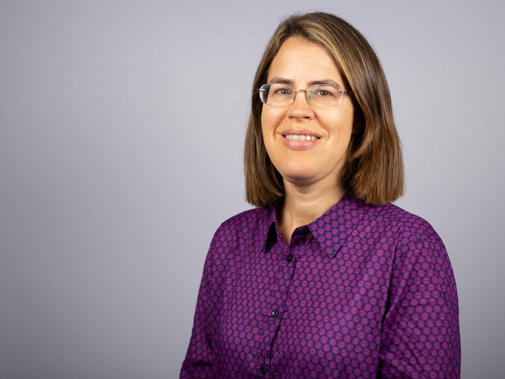The winter access fund includes an expectation for all parts of the country to have established a digital locum bank model or pool by December 2021. In some areas, a pool arrangement (or locum bank) will already exist and may be grown or enhanced using funding from this scheme.
These pools are intended to engage local GPs who can deliver additional sessions, connecting them with practices holding vacant shifts. The pool should also have the capability to onboard GPs, conduct pre-employment checks, support induction to practices, support the ability for GPs to enter into contracts or terms of engagement and become integral members of the local workforce.
Many sessional GPs and practices are already using such digital pools, and each region has evolved organically. We are developing a sense of what impact, both positive and negative, these tools can have on sessional GPs.
While having a digital locum bank in place is a requirement at the ICS level, there is no requirement for either locums or practices to engage with each other through the ICS-approved pool tool. From a sessional perspective, this is important for two reasons. Firstly, many sessionals have well-established arrangements with the practices they work in and there is no intention of disrupting these. Secondly, a unified platform brings the potential for significant distortion of the locum market and control of both terms of engagement and fees. A review of these modern working practices and zero-hours workers has spotlighted so-called ‘bogus self-employment’ with the worst of both worlds: no security and no autonomy.
We know from repeated surveys that the move from settled practice roles to locum roles is usually done to have greater autonomy, control over workload, and greater flexibility. The move is often undertaken with the pragmatic understanding that the doctor is forfeiting their financial security of employment (or partnership).
Any tool used to facilitate this engagement between practices and locums needs to facilitate this vision. The customisation of the ‘offer’ each locum makes is designed to keep them safe and working within their abilities, capacity and competencies, ensure that they can meet their needs for flexibility and boundaries in their work and enable them to continue to engage with practices which they would not otherwise consider working in.
Their terms of engagement and fees can be practice-specific (eg one might be prepared to sign repeat prescriptions in a well-run practice with robust medicines management systems but not in one where these are lacking). Locums need to be able to specify if they offer face-to-face work or not because of their level of vulnerability with COVID or just their T&Cs. There has been a degree of mission creep in terms of the pre-employment checks required for some of these platforms and locums should be wary of being asked for requirements that are not strictly mandatory.
Locums will also want to consider whether their freedom is in any way constrained in the platform. For example, if they are prevented from bidding for work because one practice has them in a pending approval queue. Requirements for the practice to confirm through the platform that work has taken place before the locum can generate an invoice is also an unnecessary hindrance.
Several digital pools have evolved over recent years and our guidance on locum banks takes you through the things to consider when deciding whether to engage with one as a sessional GP. It is important also to understand what is meant by the term locum chambers which is sometimes being adopted with a different meaning as was originally intended in these professionally-led structures. Again, we have guidance on this subject.
At a time when many GPs are under pressure in their clinical work, working as a locum (whether freelance, chambers, agency or in locum banks) continues to offer a good way to support flexibility and autonomy, which need not be hampered or constrained by the rollout of digital locum banks. Locums can continue to discuss their terms and conditions and fees freely and to seek ways to associate and support each other to help them thrive as GPs.
Paula Wright is a member of the BMA sessional GPs committee.

